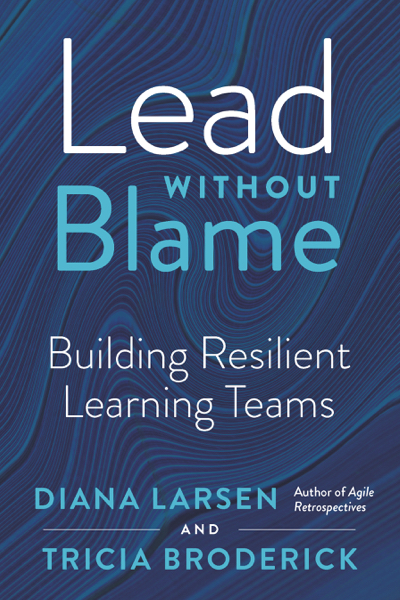There are going to be a few posts from attending the Singularity University Global Summit that I recently attended in August.
Unfortunately, I wrote this down but didn’t write down which speaker said this. My apologies. However, I still want to explore this sentiment:
– Learning is not just a transfer of knowledge but the autonomy to experiment. –
This is so powerful. Managers tend to think of learning as an training expense that is incurred and then benefits immediately applied. While there is some hopeful truth to that – you should attend trainings and have immediate application abilities as a result – but learning is always ongoing.
I often talk about creating a growth mindset culture. Many people highlight this as well from experimentation mindset, disruption mindset, learning mindset, etc. All very similar with sometimes specific nuances that I don’t want to diminish but they all come back to the same thing: Learning is continuous, which means you have to be able to try and have to be able to fail. I’m calling these out as separate intentional aspects that leaders have to create in the environment.
Failure: Let’s get real, failures are going to happen. Yet, there is a fear of failure especially at work. What happens WHEN someone fails? Perceptions and realities of this fear of failure has to be openly discussed and actively supported when it happens. I can’t tell you how many times people thought if they failed, they would be fired. This is going to impact people’s behaviors and decisions…and they won’t always be in the best interest in delivering value.
Trying: Failure is not the hard part – we all experience that. Taking the risk that may mean I fail is the hardest part. Openly discussing and actively supporting people taking risks, being curious, exploring possibilities, etc needs to be front and center in the culture.
However, I can’t tell you how many times I’ve seen performance goals that counter both of these aspects (financial incentives tied to achieving goals). How many times I observe mixed messages from organizations about what is valued (we value innovation – yet all people are running at 125% utilization with no creative exploration time). How many times we don’t celebrate risks and learning.
How will you make a difference so that learning is a constant?




